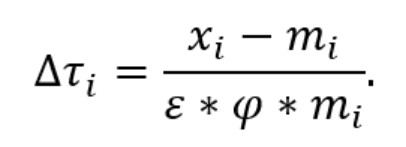PGA Tour Stats Scraper
This project centres on building a fully automated web scraper that collects tournament-level statistics from the official PGA Tour website, covering data from 2004 to the present. It overcomes the platform’s manual, one-stat-at-a-time download limitation by enabling users to extract structured, high-quality .csv datasets across any year or date range - with support for all available stat codes. The tool is available as both a Python script and an interactive Jupyter Notebook, and the repository also includes a complete pre-scraped dataset (2004–2025) for immediate use.
